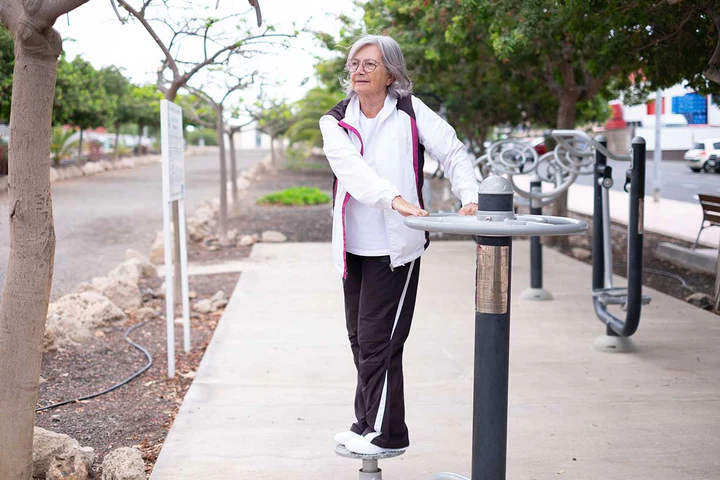Dizziness can be a common issue for seniors, but there are ways to help reduce and manage it. Here are some effective strategies to consider:
Stay Hydrated
Dehydration can often lead to dizziness, so it’s important for seniors to drink an adequate amount of water throughout the day. Encourage them to keep a water bottle (#ad) handy and sip on water regularly.
Regular Exercise
Engaging in regular physical activity can help improve balance and coordination, reducing the risk of dizziness. Simple exercises like walking, yoga, or tai chi (#ad) can be beneficial for seniors.
Review Medications
Some medications can cause dizziness as a side effect. It’s important for seniors to review their medications with a healthcare provider to see if any adjustments can be made to reduce dizziness.
Manage Stress
Stress and anxiety can contribute to feelings of dizziness. Encourage seniors to practice relaxation techniques such as deep breathing, meditation, or gentle stretching to help manage stress levels.
Balance Training
Balance training exercises can help improve stability and reduce the risk of falls that can lead to dizziness. Simple exercises like standing on one leg or walking heel to toe can be beneficial.
By implementing these strategies, seniors can take proactive steps to reduce dizziness and improve their overall quality of life. It’s important to consult with a healthcare provider for personalized recommendations based on individual health needs.







